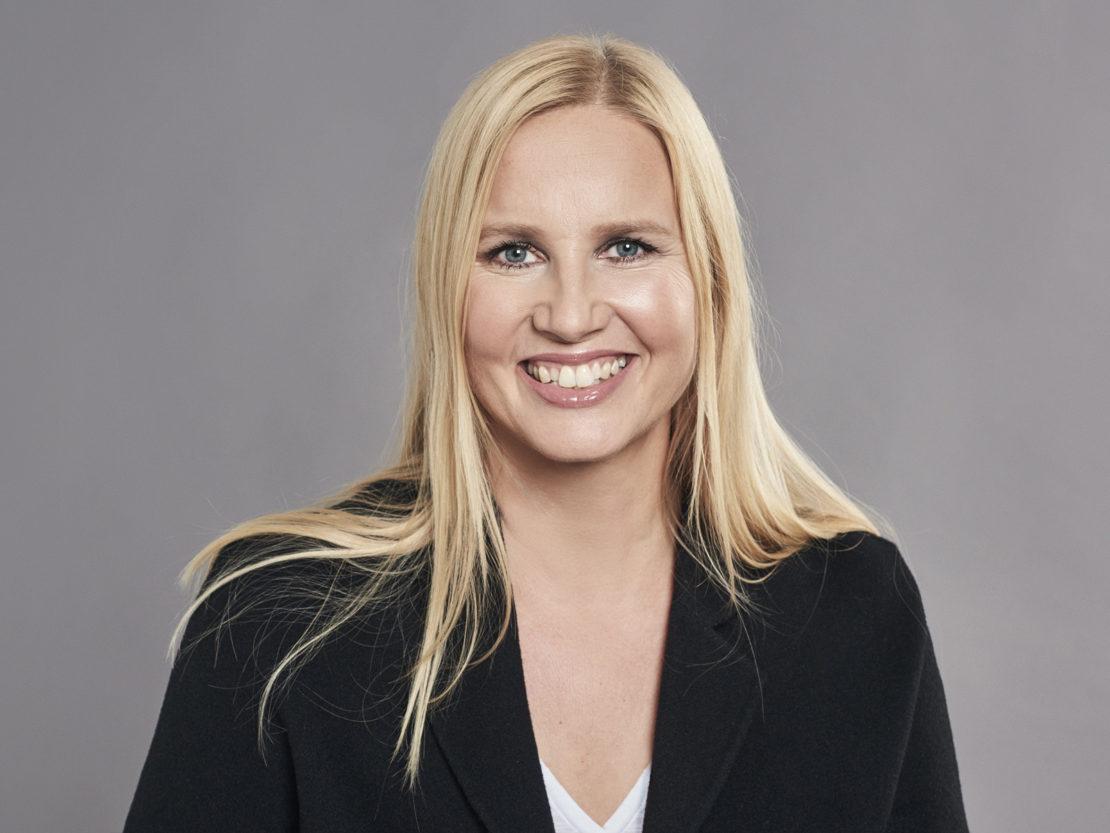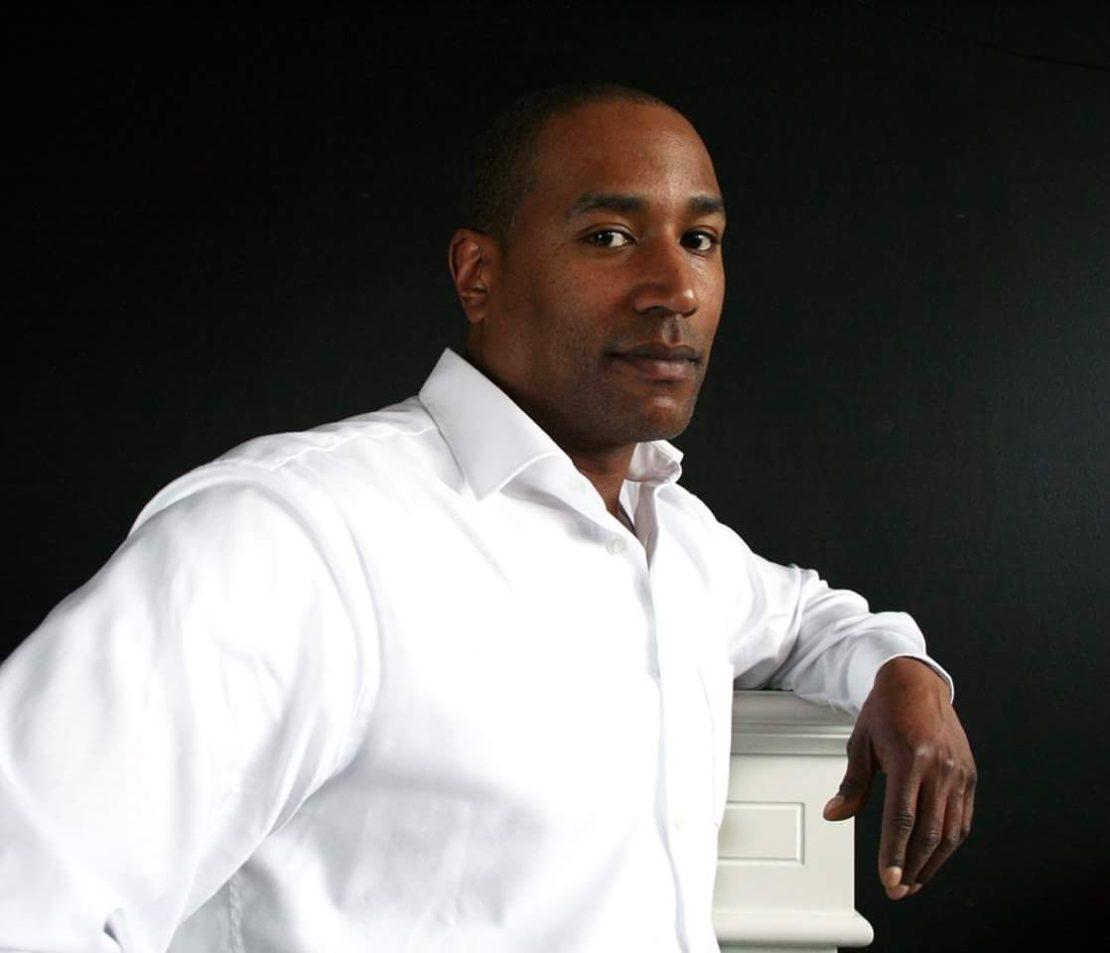6Jun2019
Wrong: you have excellent odds to succeed.
If you’re in your 40s or 50s, you might think it’s too late to start a business. A study by the Census Bureau and MIT professors has proved that wrong and found out that the most successful entrepreneurs tend to be middle-aged. In a study, Benjamin Jones, a professor of strategy at the Kellogg School, Javier Miranda of the U.S. Census Bureau and MIT’s Pierre Azoulay and J. Daniel Kim, used an expansive dataset and found out that contrary to popular thinking, the best entrepreneurs tend to be middle-aged. Among the very fastest-growing new tech companies, the average founder was 45 at the time of founding. They also found out that a 50-year-old entrepreneur is almost twice as likely to start a successful company compared to a 30-year-old.
- A 50-year-old startup founder is 2.2 times more likely to found a successful startup as a 30-year-old.
- A 40-year-old startup founder is 2.1 times more likely to found a successful startup as a 25-year-old.
- A 50-year-old startup founder is 2.8 times more likely to found a successful startup as a 25-year-old founder.
- A 60-year-old startup founder is 3 times as likely to found a successful startup as a 30-year-old startup founder–and is 1.7 times as likely to found a startup that winds up in the top 0.1 percent of all companies.
Rely on your experience
Why do older entrepreneurs succeed? The key factor seems to be experience. It is much harder to execute great ideas when you have limited experience. It is more challenging to develop an enduring strategy when you have limited experience. And the same goes with smart tactical decisions. So we have good news for you at your 40´s and 50´s who still dream of establishing your own company: the longer you´ve been around, the better your odds!
Source: Reserach by Pierre Azoula, Benjamin F. Jones, J. Daniel Kim, and Javier Miranda. 2018. “Age and High-Growth Entrepreneurship”.
Careers of change – becoming an entrepreneur in your 40s
Founders, entrepreneurs, startups. The words tend to conjure images of plaid-wearing twenty-somethings beavering away in open offices and coffee shops, building the latest and greatest in SaaS platforms. Even so, a surprising number of people in their 40s and above are taking the plunge and pivoting away from traditional careers and entering the world of entrepreneurship.
What is driving this change? We listened to the stories of entrepreneurs from two very different Nordic companies to unearth their reasons.
Sirkku Hahn is the Founder and CEO of Inari Cosmetics, a brand that focuses on sustainable, naturally-sourced products from the Arctic region. She has a cosmetics background in consumer online sales and retail, and has imported a range of Nordic brands into Germany.
Hi, Sirkku. When we think of entrepreneurs today, they tend to be in a rush to create things. When you were thinking about building and growing your business, are you happy to move quickly or to take your time?
SH: Of course it’s important to grow fast, but for me, it’s more important to grow in the right way. The fact that I am no longer in my twenties is an advantage for me now, as I have accumulated working experiences and an extended business network that only comes through experience.
If I tried to found Inari back when I was twenty-five, I believe it would have been much more difficult to gain traction. Of course, when you are younger, you aren’t necessarily tied down by family and other commitments, so you can pour more energy into your startup. Even so, I think I am able to work more smartly and effectively today than was possible in the past.
Why did you start the company? Did you feel the time was right?
SH: Entrepreneurship has actually been something I’ve always wanted to do. Even so, I wanted to have a solid background to start from. By accumulating experience throughout your working life, it becomes much more easy to focus on valuable tasks and work effectively.
In terms of founding Inari, I had already spotted this niche business opportunity that nobody was talking about several years ago. No-one was using Arctic ingredients (Finland has the cleanest air, forests and water in the world) in cosmetics at the time, yet it’s been common knowledge in the food industry that products like blueberries have many health benefits. This, along with me feeling I had developed the competences and experience needed to found my own company, caused me to act.
Sampsa Fabritius spent 16 years working in research, operating systems and productization at Nokia before he realised he needed a change. He founded audio platform Kieku in 2016 with the mission of creating a modern community radio by improving the conversations we are having in our society.
The life of an entrepreneur has some inherent risks. Has your attitude towards risk changed since you started your journey in entrepreneurship?
SF: For me, this subject has multiple viewpoints. One is that risk and pressure are relative to life experience – if you have successfully navigated particularly troubled waters in your past, the less likely you are to be worried by matters that cause relatively smaller ripples.
Another factor that has been relatively surprising for me is that I tend to feel way less pressure when facing risks typical to startups like ours, especially in comparison to those I took in a corporate setting. I think different people react to stress sources in different ways. For example, the startup rollercoaster ride can be a very emotional journey for many who get on board, but I find it very fun and valuable, even in troubling times!
What has been the most important thing you have learned since leaving the corporate world and founding Kieku?
SF: Entrepreneurship is more all-in compared to a corporate setting. Corporate culture tends to make people objective, sort of neutral parts of the machine in a lot of places. That’s pretty much the opposite of what is needed in a startup, where the passion and drive you bring into the team has a huge impact on your company’s success.
A key difference is you’re not reporting to a boss and colleagues who advocate conformity and status quo – instead, you have to convince your customers to trust your energy, your resolve to do what you promised to do. The whole core team therefore needs to throw titles, hierarchies and the like out the window, roll up their sleeves and create the culture of getting things done. Startup life is more raw and genuine – including cleaning and the coffee beans!


